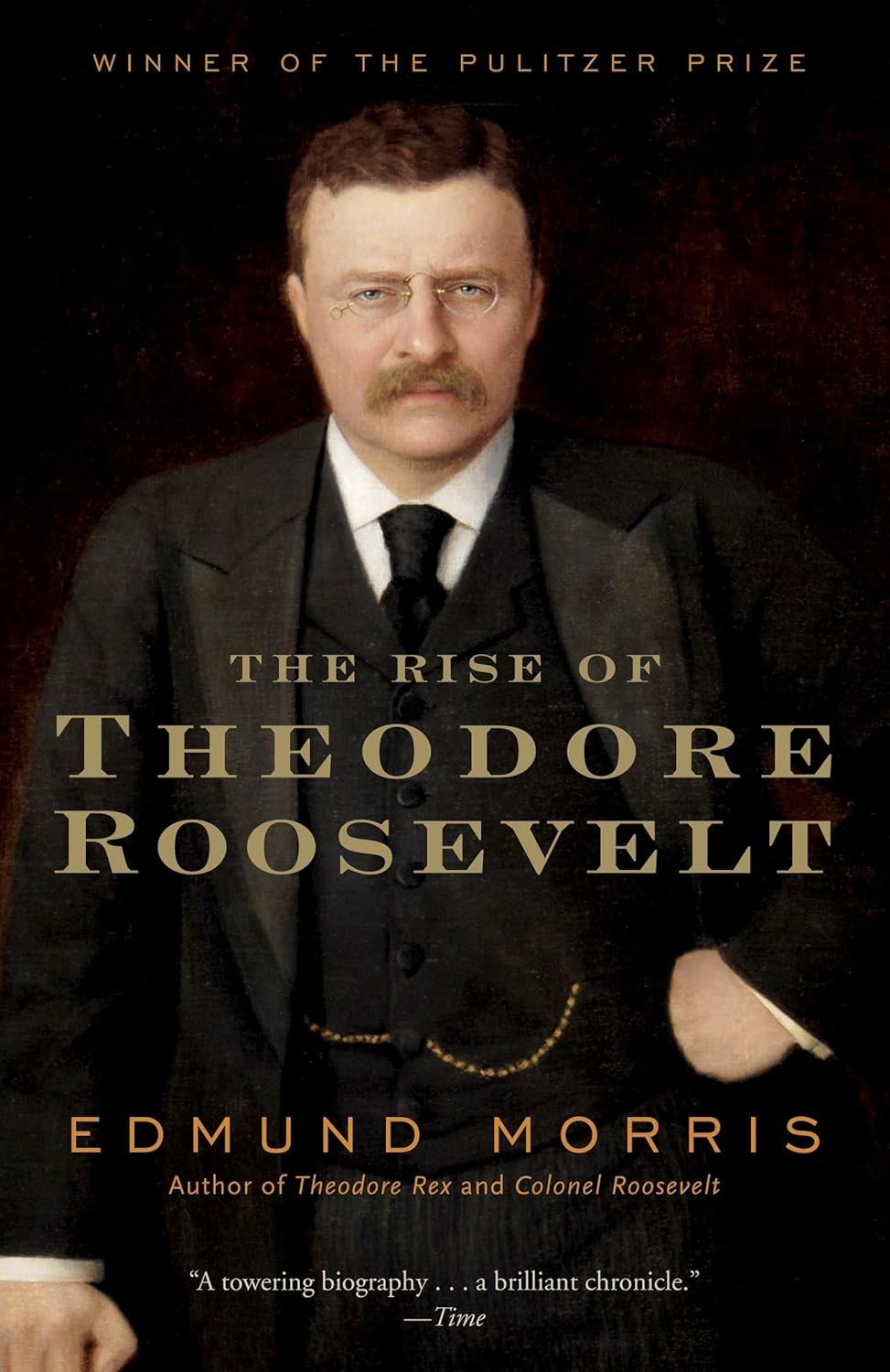
Skunk Works: A Personal Memoir of My Years of Lockheed
What Skunk Works Taught Me About Engineering, Leadership, and Trust I picked up Ben Rich’s Skunk Works expecting a Cold War history lesson. What I got instead was a blueprint for doing hard things with small teams when the stakes are high and the clock is relentless. It hit the same nerves that push me to keep writing here about mistakes, resilience, and leadership that enables rather than controls. The throughline is simple. Mission clarity plus trust beats complexity every time. That is as true in a windowless hangar as it is in a data center or an incident bridge. ...


